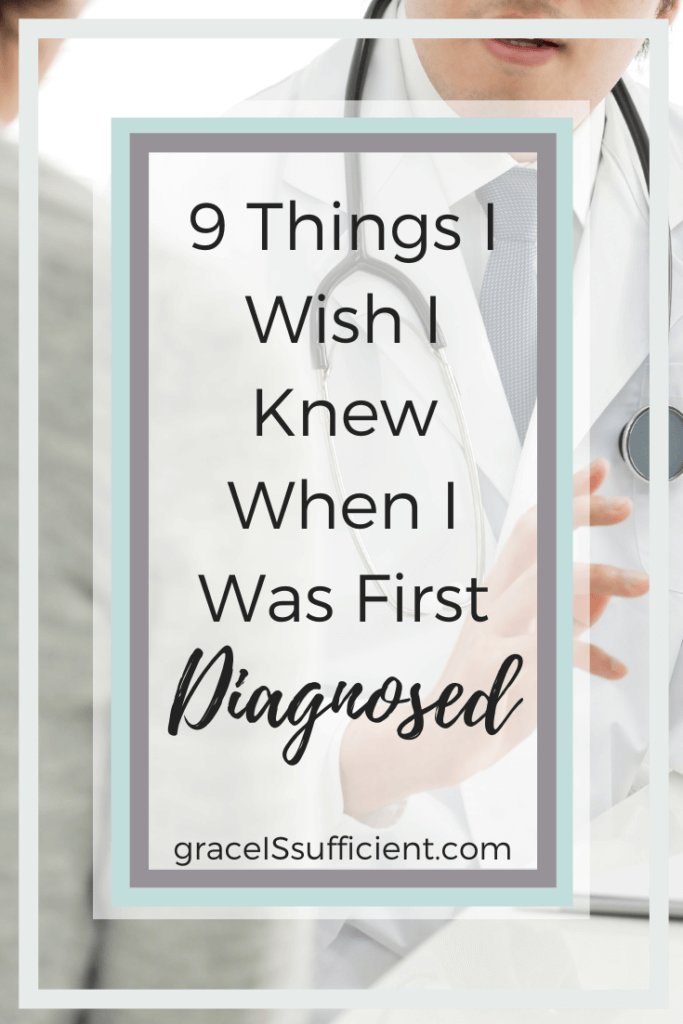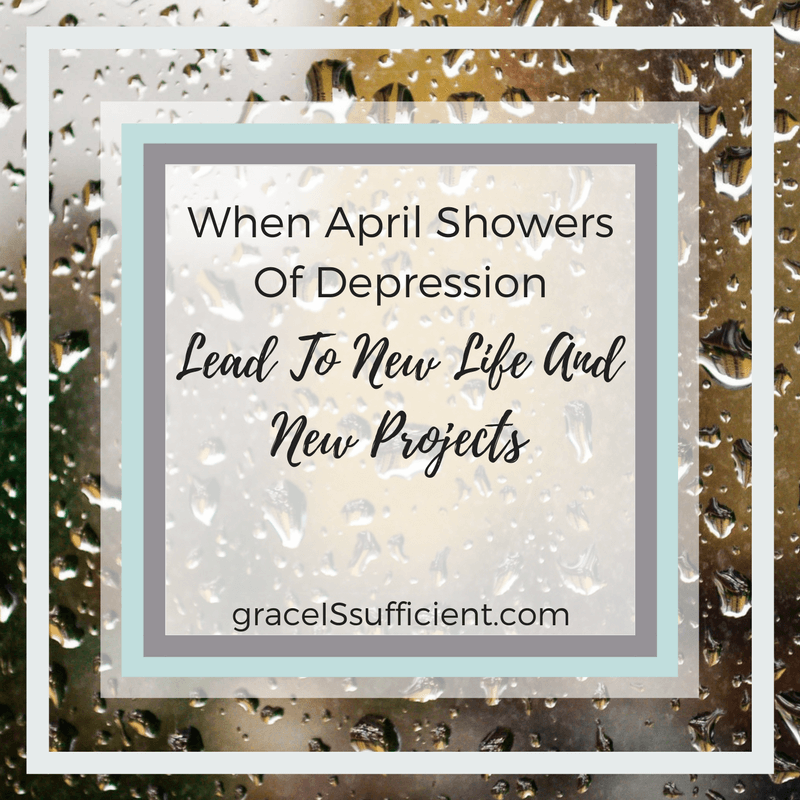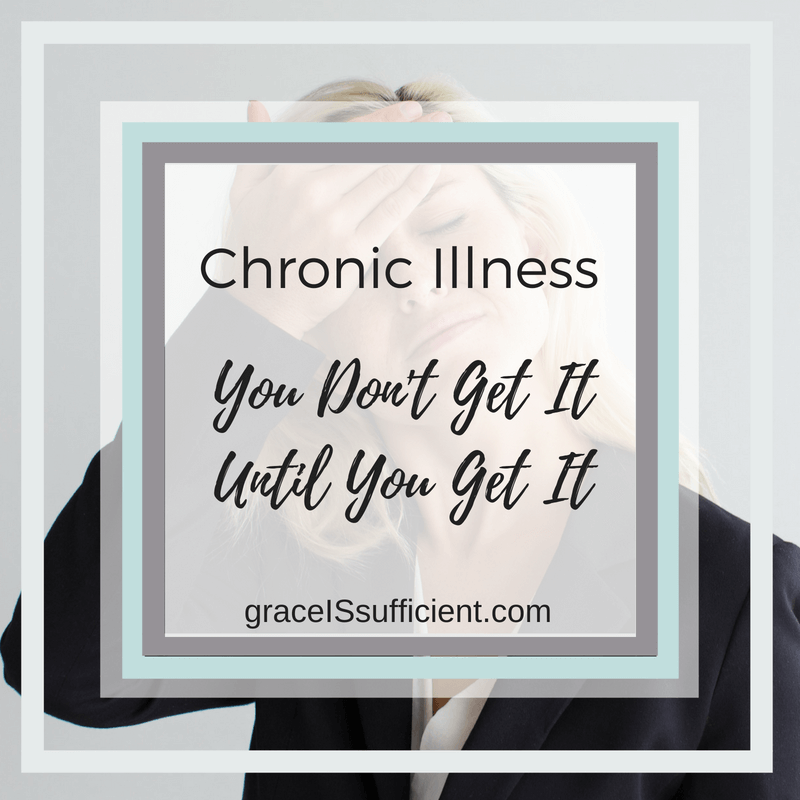9 Things I Wish I Knew When I Was First Diagnosed
A number of feelings ran through my head when I finally received my diagnosis. I was relieved to know I wasn’t crazy but I had legitimate problems taking over my body. The following weeks and years since my diagnosis have brought me to mature, so to speak, as a patient.
In learning how to live and deal with the chronic life, I look back at those first few weeks and wish I had known a few things. But hindsight’s 20/20 and since I can’t go back and change things for myself, I thought I could, at least, share them with you. My hope is that you’ll be able to skip some of the learning curves I went through.
Here are 9 things I wish I knew when I was first diagnosed:
- Your doctor could be wrong. Don’t hesitate to get a second opinion. You have to be your own patient advocate and treat it like a job. Learn about your symptoms, what to look for as the illness progresses, and about your meds and their possible long-term effects.
- Go into warrior mode – not victim mode. When you feel like the victim you keep yourself stuck in a helpless situation. A warrior goes in, learns about the enemy, then sets out to conquer!
- Your diet and exercise have a huge impact on your overall health. I know we all know this already, right? But what often happens is that we learn how to trick our bodies with temporary fixes. For me, it was turning to sugar and caffeine to skirt around the fatigue. These temporary fixes only bring about more problems. Don’t turn to food as a comfort or pleasure either. When so much of what you enjoy in life seems to be taken away, it’s easy to head to little pleasures, like food, to make up for what’s been lost. Focus on food as fuel and nutrition for your body.
- Don’t worry about what others think. You have enough to figure out with your health – the approval of others and their belief in your health problems isn’t in your control. Some people will never understand – so focus your energy on things you can control.
- A support system is key. You will have friends, and even some family, that you won’t be able to depend on for support. I truly pray you have a handful of people that will come alongside and walk this road with you but it’s up to you to search for those that can be a source of encouragement for you. Likewise, you need people you can encourage as well. Find a local support group or join one online. Having a sense of community and purpose is vital!
- Give yourself some T.L.C. Don’t try to “tough it out”. Adjust things in your home, workplace, and life to accommodate your changing needs. Make sure you’re exercising self-care.
- It’s ok to say no. In the past, you may have been the go-to person but things are changing. You’ll have to sort through your priorities and focus your energy and effort on the most important things. Not every opportunity is something you need to commit to.
- It’s not the end of your life’s story – it’s just a plot twist. As long as you’re still alive you have value and purpose to your life. You may have to get creative when it comes to finding these things but they’re there. I promise.
- No two patients are the same. Your symptoms and medical needs may be completely different than someone else’s with the same illness. Show the same understanding and kindness to others that you want to be shown to you.





